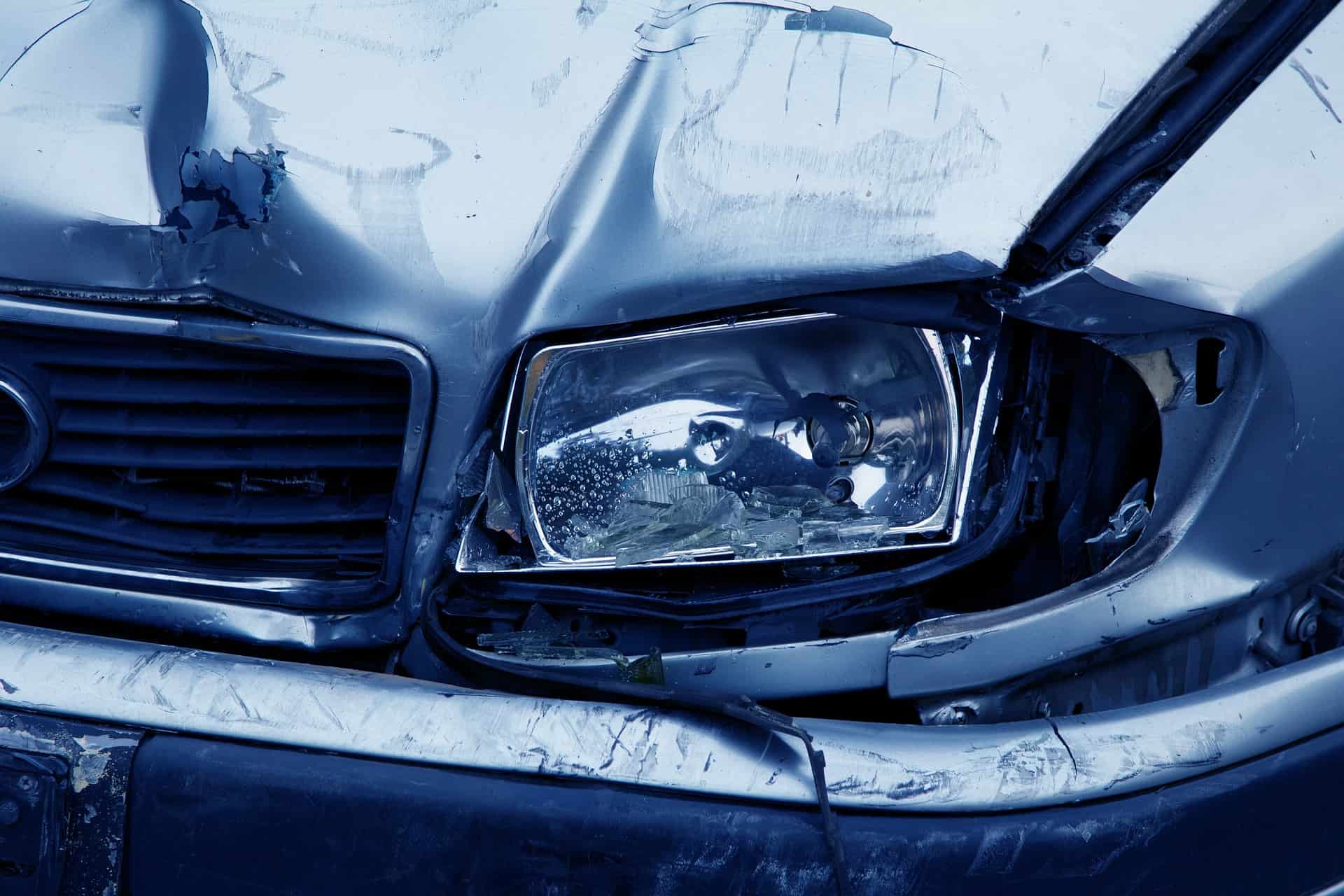Car insurance isn’t something we think much about until we find ourselves involved in an accident. Should that time come, it pays to be informed about the ins and outs of insurance coverage. Understanding the basic concept behind terms like deductibles, liability coverage, and no-fault insurance can ensure you’re prepared for the worst. Considering that no-fault insurance only exists in 12 states, it’s a foreign concept for even the most informed policyholders. Whether or not you live in one of those 12 states, understanding no-fault auto insurance can help navigate accidents both real and theoretical.
Basic Definition
No-fault auto insurance requires drivers involved in an accident to file an auto accident claim with their own personal insurance company. Regardless of which driver is at fault, every motorist involved in a given collision must file an insurance claim with their own insurer. In no-fault states, drivers are required to hold personal injury protection, or PIP, coverage.
This differs from other required forms of insurance coverage. In most states, at-fault insurance coverage is the norm. This type places emphasis on which driver is at fault for the wreck. Once it is determined which driver is at fault for the incident, their insurance company will typically be expected to pick up the bill for damages caused by the wreck.
In no-fault states, this idea is flipped. Fault is not considered a primary factor in determining the payout from the insurer. No matter which driver is to blame for the incident, each motorist involved must file claims with their own insurance company to receive compensation for their repairs, medical bills or other damages. No-fault states use this strategy to mitigate the need for litigation between accident victims.
Personal Injury Protection
More expensive than traditional auto insurance, PIP ensures your medical bills will be covered in case of an accident. Regardless of whether you were at fault for the wreck, PIP will be there to pick up the tab for ambulance rides, medical bills, and prescription drug costs. Ongoing bills associated with the accident, like physical therapy or counseling are also covered by PIP.
PIP can even cover non-medical expenses caused by the wreck. Say you’re injured in a car accident and break your legs. You’ll likely be unable to work your job as a lifeguard as you recover, which means forgoing the income you depend upon to pay bills. PIP can cover the lost wages you miss out on while recuperating.
Of course, PIP coverage varies from state to state. An attorney can help you understand what your rights are surrounding such coverage and ensure you’re properly taken care of in the event of a wreck.
Accidents in No-Fault States
Twelve states plus Puerto Rico are considered no-fault. They include:
- Florida
- Hawaii
- Kansas
- Kentucky
- Massachusetts
- Michigan
- Minnesota
- New Jersey
- New York
- North Dakota
- Pennsylvania
- Utah
If you’re from an at-fault state and get into a car accident in a no-fault state, you’ll be held to the local law. Regardless of who is to blame for a wreck in a no-fault state, you’ll file an insurance claim with your own company. That applies even if you’re driving a car registered in a no-fault state.
The reverse is also true. Should a driver from a no-fault state get into a wreck while visiting at at-fault state, they’ll be required to file a claim with the at-fault driver’s insurance company. When in doubt, call your insurance company to report the incident and get advice on which company to file a claim through.
No-Fault = Less Fair?
Some argue that no-fault auto insurance is less fair than at-fault coverage. If you’re sitting at a stop sign and are rear-ended, it’s clear that the driver behind you is at fault. But if you live in a no-fault state, your insurance company will be stuck with the bill for your new bumper or your neck brace. In turn, your insurance premiums may become more expensive, even though you did nothing to contribute to the wreck.
On the other hand, if you’re involved in an accident that you directly cause or contribute to, you won’t likely need to worry about being sued by the other drivers involved. Car accident lawsuits are only filed in no-fault states when a tort liability threshold is met. Certain conditions must be reached in order to file such a claim.
Insurance coverage can be confusing. If you’re worried about your legal rights after an accident, talking with a car accident attorney can help ease your anxiety. Of course, finding a lawyer in the wake of a wreck can be anxiety-inducing in of itself! Lawsuit Info Center has the resources you need to help understand your rights, calculate the possible settlement owed to you after a wreck and introduce you to an experienced lawyer in your area. Get started now by calling 877-810-4067.


